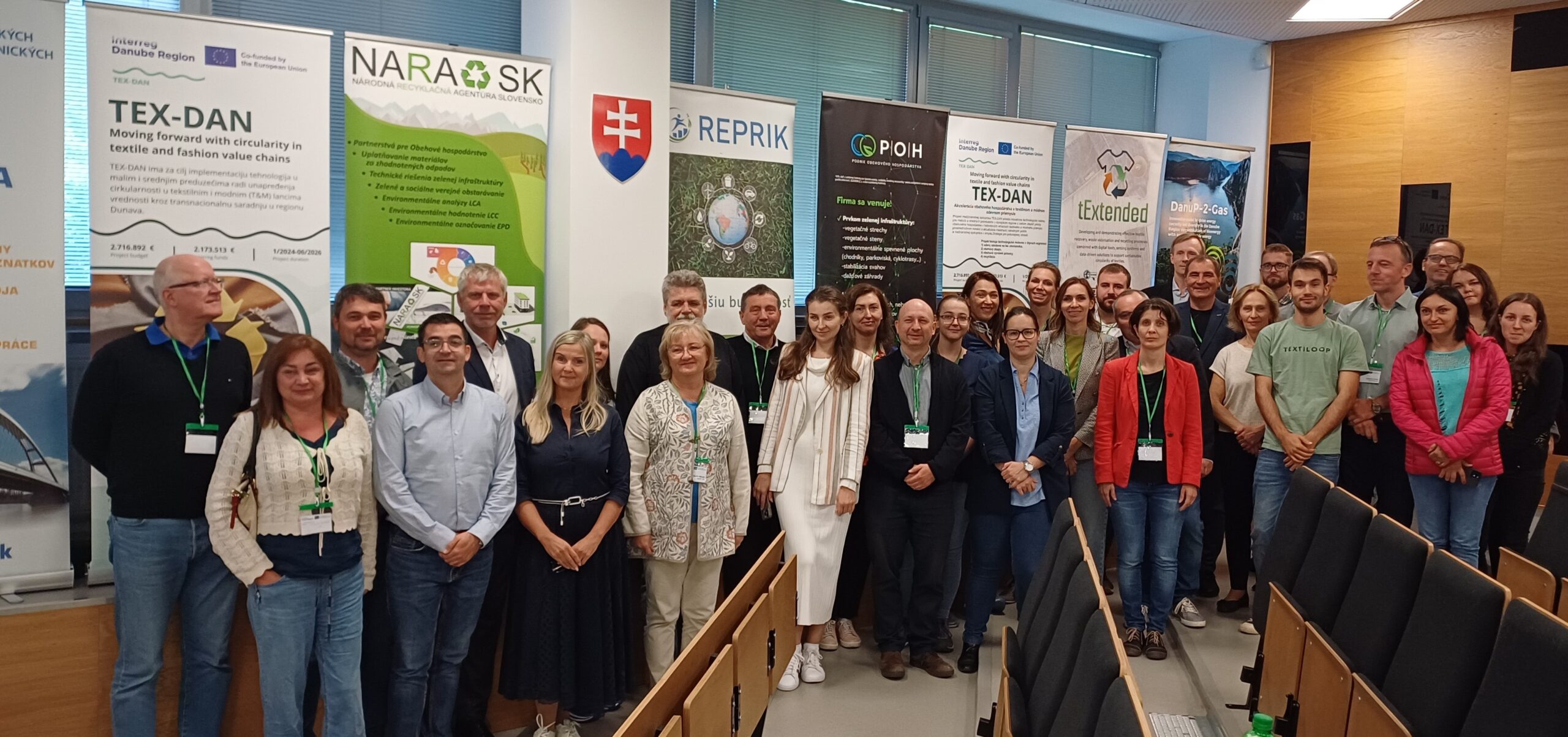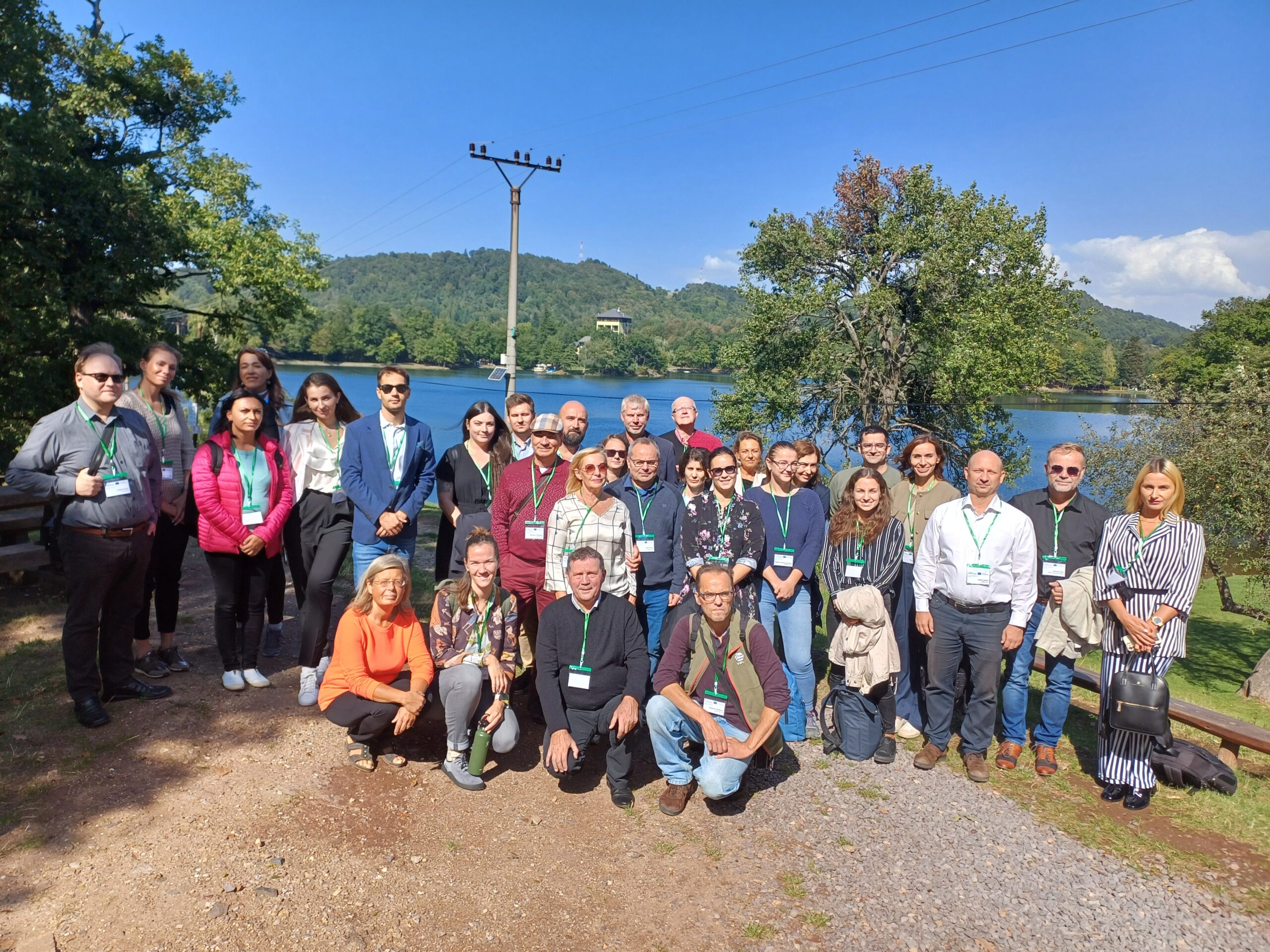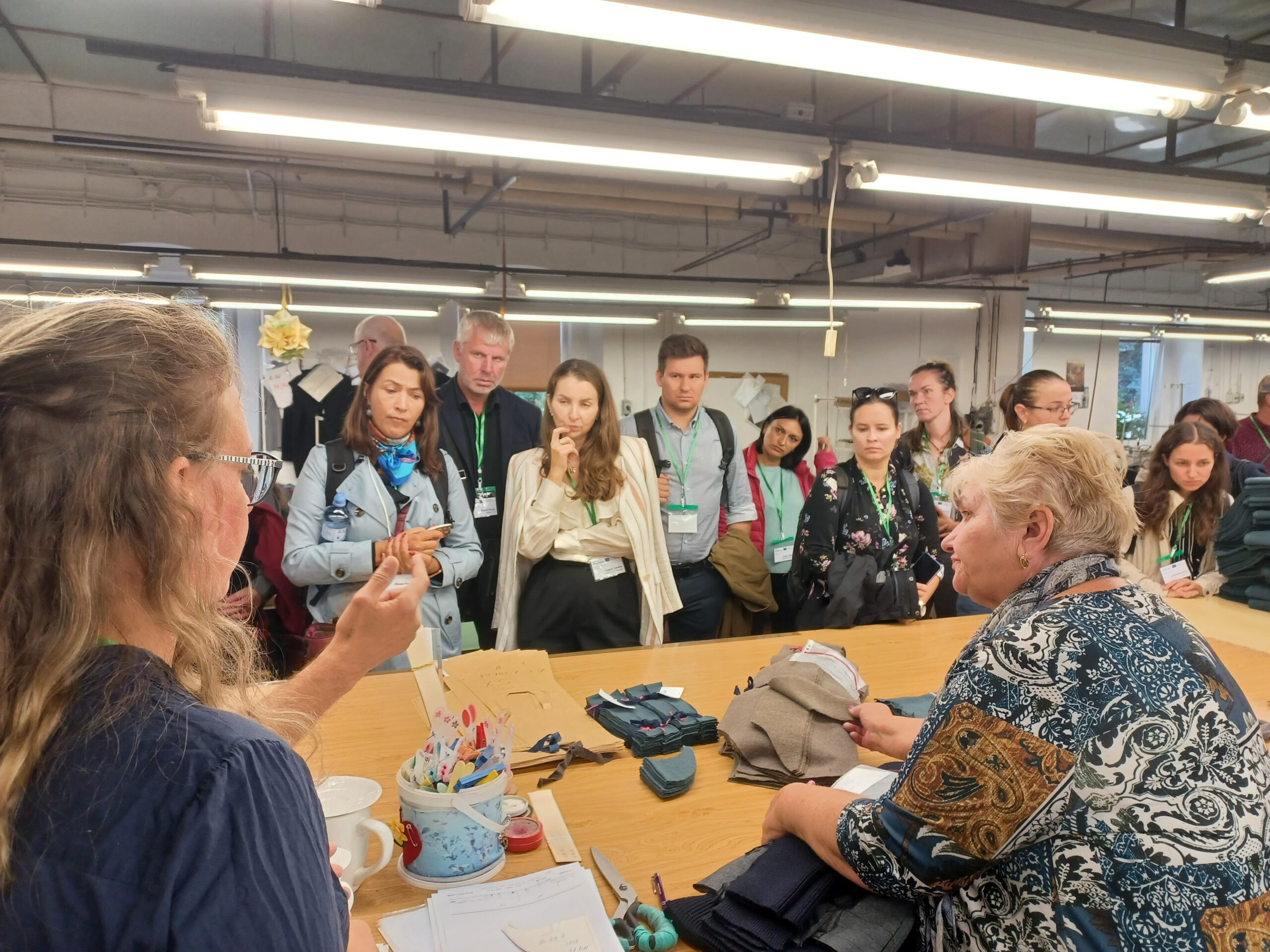
Project; 01.01.2024 – 30.06.2026
EUSDR Priority Area(s): PA 8 Competitiveness of Enterprises
TEX-DAN aims at the uptake of technologies at SMEs for improved circularity in the textile and fashion (T&F) value chains through transnational collaboration in the Danube Region. The Danube Region is characterised by large differences in the use of circular solutions in the textile and fashion value chains. The TEX-DAN partnership agrees that there is a need for improvement in knowledge, approaches, know how about innovative technologies, support measures, and policy change that will lead to successful embedding of circularity in the textile branch. There is a need for awareness raising activities, connecting market participants and education. The project will test technology solutions along four key segments of the T&F value chain: 1) bioeconomy clothing, 2) circular design, 3) circulation production processes, and 4) recycling. The project aims at upgrading local, regional and national policies that promote circularity, boosting transnational collaboration and knowledge exchange and will set up various sustainable transnational collaboration forms.
Objectives:
- Improving local, regional, national policies related to T&F industry in the participating regions and in the Danube Region through feasible policy recommendations.
- Uptake of technologies and circular business models by SMEs in the textile and fashion value chains through piloting technology solutions in bioeconomy clothing, design, production processes, and recycling.
- Establishing lasting transnational collaborations for the uptake of technologies. These include shortened value chains, a circular textile brand and a transnational circular textile cluster.
Need and (expected) impact: The textile industry and related domains such as the fashion industry, leather and footwear industry, are a major contributor to pollution, both regarding production processes and waste. Production of textiles is highly resource intensive, at the same time recycling of textiles is very limited compared to other industries. There is a need for improvement in knowledge, approaches, know how about innovative technologies, support measures, policy change, awareness raising activities, connecting market participants, and education.
Macro-regional dimension: Cooperating countries/regions: Austria, Bosnia and Herzegovina – Republika Srpska, Bulgaria, Croatia, Czechia – South Bohemia, Hungary – South-Transdanubia, Republic of Moldova, Romania, Serbia, Slovakia, Slovenia.
Impact is expected in all countries in the Danube Region.
Stakeholders involved: The main target group is the SMEs; beyond that, other relevant stakeholders include national/regional/local public authorities, business support organisations, large companies and sectorial agencies.
Budget and Funding: Total project budget: EUR 2 716 892.32 (Interreg Danube Region Programme: EUR 2 173 514)
Further information:





